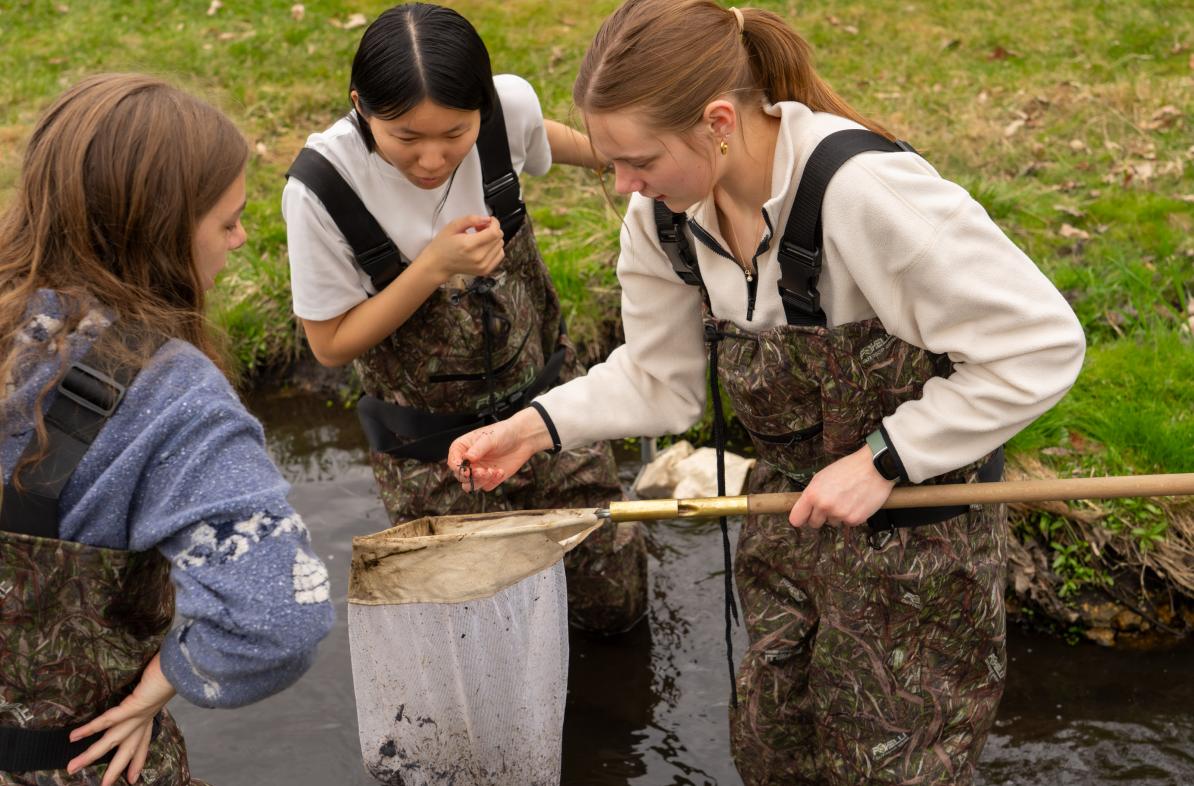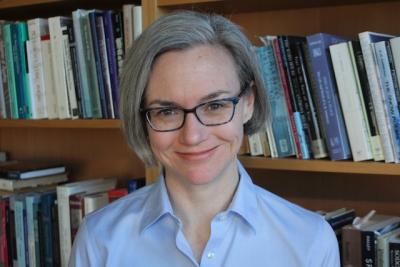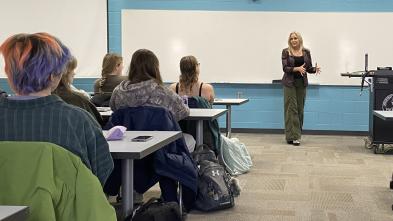“We have students studying everything it’s possible to study at this university,” says Dr. Heather Fielding, director of the Cosby Honors College. “This graduating class is impressive in part because of the diversity of paths they are choosing.”
The Blugolds are headed across the country to work or continue their educations in Wisconsin, Minnesota, Iowa, Illinois, Indiana, North and South Dakota, Kansas, Nebraska, Arizona, Arkansas, Vermont and New York.
The Honors College established this spring for the long-running honors program attract highly academically qualified students and provided them with unique academic experiences.
“The Mark Stephen Cosby Honors College is a critical building block in UW-Eau Claire’s 2030 Vision Plan as we focus on academic excellence across a variety of disciplines,” Chancellor James Schmidt says. “This spring’s record-setting graduating class in honors speaks volumes about the great support and the great work being done by Dr. Fielding.”
Fielding says more students are graduating this year in part because of changes to the program that make it as flexible as possible for students from different majors and for incoming students with college credits from high school. The honors college works with students to plan their own path through the program based on their personal interests and priorities.
Honors students complete a 26-credit hour curriculum and must have a cumulative GPA of at least 3.5. All students take first-year and senior seminars, and for the remaining 24 credits can choose from discussion-focused honors colloquia and honors sections of common prerequisite courses. The program also offers a range of research and leadership courses and experiences.
Graduating senior Ray Nelson, an accounting and business finance double major from Owen, says he was a shy student from a small town who found a positive and welcoming living learning community in Bridgman Hall for honors students during his first year on campus.
“There are tons of opportunities to connect with new people and find our own communities,” Nelson says. “No matter who you are or what your background is, you'll be able to find your group within honors. The group of friends I found my sophomore year is the same group I've hung out with every weekend since then, and it'll be the same group I hang out with once we all graduate.”
Students are drawn to honors courses because they offer an engaging, discussion-based experience that allows Blugolds to learn from each other and hear different perspectives.
“I found it very beneficial to learn from the other students in these courses whether we were debating what makes something 'fun' or discussing the gender politics of fashion,” Nelson says. “These courses served to give me a break from crunching numbers over in Schneider Hall and allowed me to express more of my creative side.”
The 2025 fall semester curriculum will include courses on “AI in Health Care,” “Game Analysis and Design” and “Animation: Drawn to Life.”
“The breadth of our curriculum is unusual among honors colleges nationwide,” Fielding says. “We give students the chance to explore widely and to discover new interests as they take these courses, which often go further and deeper than a standard introductory course might.”
Graduating senior Olivia Philippon, a sociology major from New London, says her favorite honors class was “Debating the Perfect University” that examines the crucial and increasingly controversial role that universities play in society.
“Not only was the subject matter useful for me to know as a first-generation college student entering graduate school and eventually (hopefully) a professorship, the course design was uniquely ‘honors,’” Philippon says. “The course was based around quality texts on many different facets of the academy and student discussion was the core of each class meeting.”
Philippon says she enjoyed her conversations with other honors students about various topics.
“It's clear that not only do honors students care deeply about their academics — not just the degree — but they are also interested and engaged in the university as an institution,” Philippon says.




